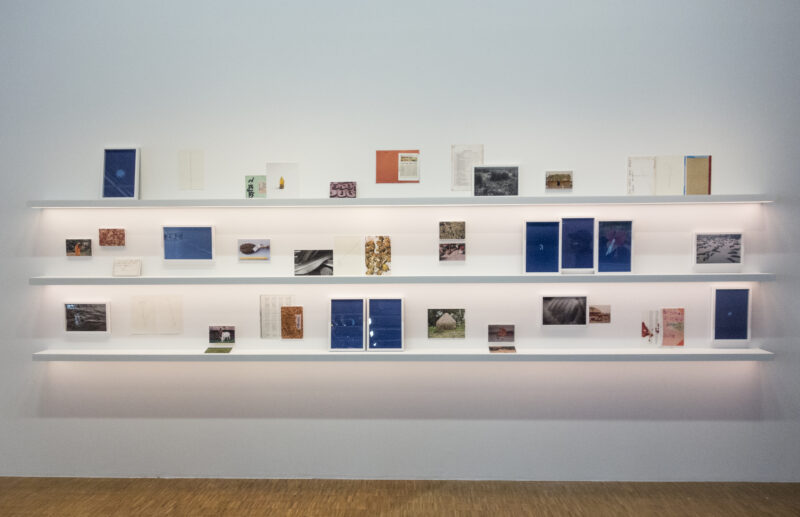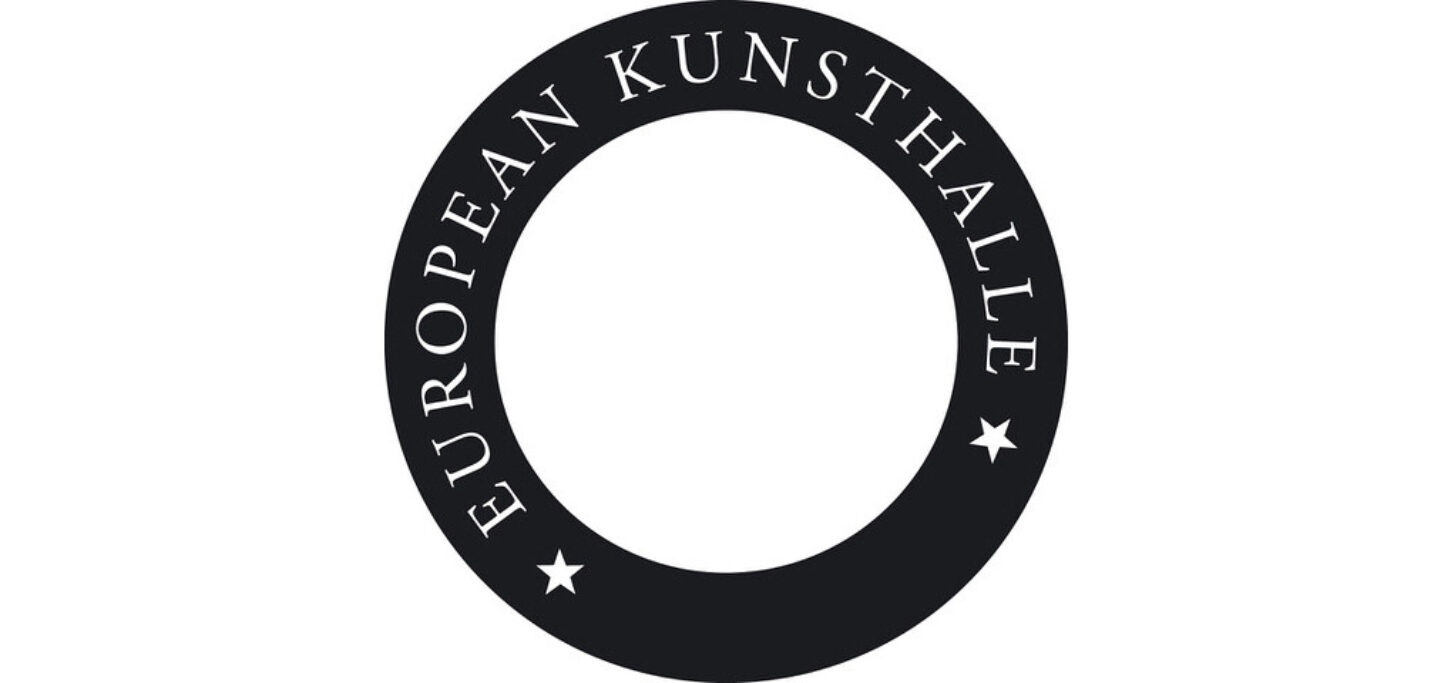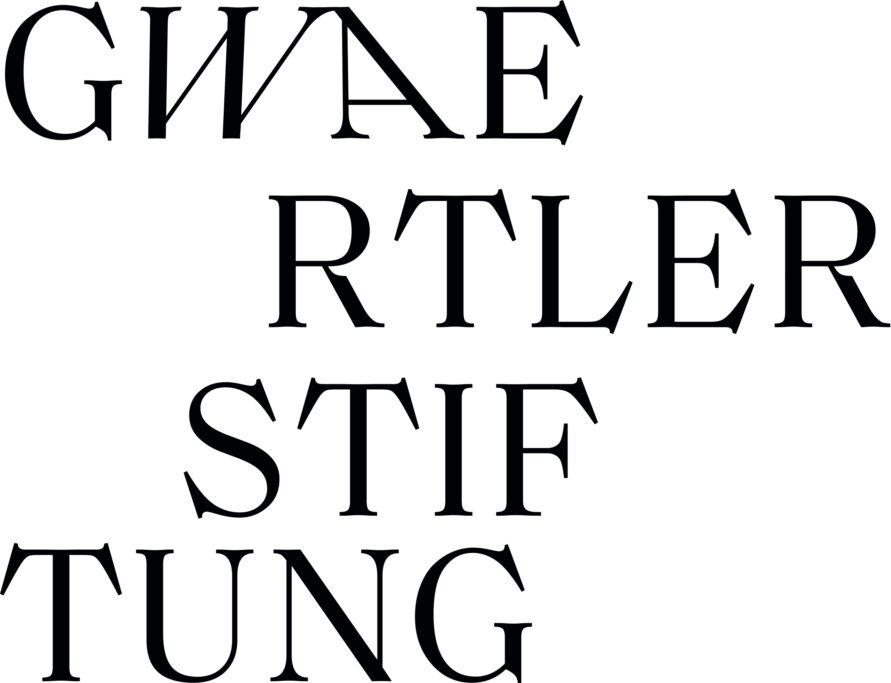Seeds Shall Set Us Free

Wednesday 20 March, 2024
6—8 pm
21 March 2024 – 12 May 2024
Wednesdays to Sundays, 12.00–17.00
Seeds Shall Set Us Free is the title of a solo exhibition centered around the work of Munem Wasif, an artist based in Dhaka, Bangladesh, whose practice turned from documentary photography and filmmaking to artistic investigations community-controlled and biodiversity-based food systems in recent years. This presentation at Fotogalleriet by the artist, the first in the Nordic countries, will depart from Seeds Shall Take Us Free (2017-2021), consisting of a series of documents, photographs, and cyanotypes that refer to classic scientific representation and “alpona,” the Bengali practice of creating ritual floor paintings using rice paste.
Rice grains, plant cultivation, and an “ecosophical” mode of agriculture are the points of departure for supporting knowledge about species biodiversity and excavating into the history of ecological colonialism in Bangladesh and the destruction of agricultural ecologies with the introduction of monoculture plantation farming, which not only threatened to destroy local multi-species but led to famine. By working in close collaboration with local community, farmers and the Bangladesh based policy and action research organisation UBINIG, Wasif’s work looks into alternative forms of agriculture and indigenous agricultural knowledge to spread knowledge about sustainable practices moving away from genetically modified seeds spearhead by industrial food technology, which continues to lead to cycles of debt, displacement, and dispossession.
Through this ongoing research by the artist and his work, consisting of newly developed productions presented in Oslo for the first time, Wasif will bring closer tactility to other forms of possible living and subsistence disentangled from profit. One of the works will stem from the word “onabadi,” meaning “uncultivated” in Bangla, which describes a space that is always included in the concept of farming and integral to our relation with nature.
In close dialogue with the artist and to further root the exhibition in the local context, a series of interdisciplinary programs will unfold during the exhibition period to anchor discussions between different geographies, with local contributors from Asia and the North to address the politics of production, land use, and food. The European Kunsthalle (Rike Frank) and Fotogalleriet (Antonio Cataldo and Miki Gebrelul) are co-curating the exhibition and its public programmes.
Munem Wasif’s image-based works explore the notion and forms of trace. His complex installations often mix photographs with moving images, archive documents or collected paraphernalia to reveal notions of impermanence and insecurity. His working methodology based on long-term immersion, close contact with his subjects and systematic repetition to convey layered, sensitive and sometimes contradictory observations on complex issues such as food sovereignty, labour exploitation or borders and migration.
His work exhibited at Centre Pompidou, Palais de Tokyo, Victoria & Albert Museum, Musee De elysee, Dhaka Art Summit and Sharjah, Singapore, Taipei, Gwangju, Lyon biennale. Munem Wasif received Robert Gardener fellowship in 2023 to work on the critical history of indigo in Bengal. The artist lives and works in Dhaka, Bangladesh.
Rike Frank works as a curator and writer and teaches exhibition histories and curatorial practice. She is Executive Director of the Berlin Artistic Research Grant Programme, as well as co-director of the European Kunsthalle.
Antonio Cataldo, PhD, is a curator, a scholar, and, since August 2018, the Artistic Director of Fotogalleriet in Oslo. He currently also chairs the Association of Norwegian Kunsthalles.
Miki Gebrelul is a Curator and Head of Exhibitions at Fotogalleriet. Gebrelul is a recent graduate with MA in Gender Studies and Philosophy from University of Oslo, focusing on queer individuals and groups with minority ethnic backgrounds.
Led by Rike Frank and Vanessa Joan Müller, the European Kunsthalle is an institution without a physical space. It defines itself as Kunsthalle, because we are interested in its typology, history, and idea of the public. The European Kunsthalle operates trans-institutionally and takes place in figurations.
Founded in 1977, Fotogalleriet remains the only kunsthalle in Norway focusing on photographic art and the Nordic countries’ oldest kunsthalle dedicated solely to photography as a critical artistic practice. Fotogalleriet is concerned with championing visual culture and contributing to crucial discourses around image production. At the core of its mandate, Fotogalleriet works for a more balanced representation in the art field and society through collaboration with central, socially engaged organizations. A public foundation in Oslo city center, it receives its principal funding from The Norwegian Royal Ministry of Culture and Equality, the Norwegian Photographic Fund, and the Oslo Municipality.
The exhibition and its related events have received funding from Arts Council Norway and The Gwaertler Grant.









